Whether you’re already an active trucking company, or you’re just trying to figure out what various trucking authority packages are available out there, you will also need to understand IFTA and how it works. If you want to start your own trucking company, understanding how the International Fuel Tax Agreement (IFTA) works is an important aspect of your trucking business.
If you’re confused about how to get your IFTA permit or whether your vehicle is required to register or not, this article is all you need to get a clear picture of everything regarding IFTA.
What Is IFTA?
IFTA is an acronym for International Fuel Tax Agreement. It’s an agreement concerning fuel tax collection and sharing among 48 American States and 10 provinces in Canada. One of the key benefits of this agreement is that apart from serving as a way of redistributing fuel taxes paid by commercial carriers across member states, it also makes it easy for interstate commercial carriers to report and pay taxes for their vehicle’s fuel consumptions using a single fuel tax license.
How Does IFTA Work?
Since IFTA involves a good number of states in the United States and 10 provinces in Canada. It’s essentially a way for each jurisdiction to tax motor carriers on the miles they run in their jurisdiction. As for the base state (the company’s home state), it has the jurisdiction to enforce compliance by leveraging IFTA scheduled audits. Where there is an issue of inter-jurisdictional fuel use, the carriers are expected to only report to their base state. The base state has the responsibility of collecting the taxes using the net fuel use, processing fuel tax returns, and distributing the funds to all the other member states.
IFTA requires every carrier to file their fuel taxes reports quarterly. The report must show what was paid in taxes by the carrier and what should have been paid. Also, the reports must show the number of miles covered per state and the amount of fuel purchased for driving in each state. This is important as the amount of taxes to be paid in each state varies by how many miles you travel in each state rather than the amount of taxes you paid at the point of purchasing the fuel. You or a service provider would essentially calculate the taxes owed by using information from your ELOG (Electronic LogBook) or paper log book, gas receipts, and fuel card reports.
Who is IFTA Taxes Mandatory Upon?
As you’re making all efforts to stay in line with trucking compliance, you shouldn’t forget to check if your vehicle is eligible for an IFTA license and taxes. To determine whether or not you’ll need an IFTA license there are two things to consider. First, you need to check whether you’re based in an IFTA member state. Second, you need to consider whether you operate a qualified vehicle across two or more IFTA member jurisdictions. Third, you need to determine if the vehicles operating under your authority are Qualified
What Makes a Qualified Motor Vehicle For IFTA?
So you have started your own trucking company. After filling out all the forms and getting your DMV number in Texas, including a USDOT number in Texas, or Texas DOT number, you’re still not sure whether your vehicle is qualified for an IFTA license or not. You probably might have gone further to read different posts on how to get an MC number for trucking, and now you’re satisfied you don’t need an IFTA license for your vehicle.
Before you err, take a step further by asking yourself a question “what makes a qualified vehicle for IFTA”.
A vehicle is regarded as a qualified vehicle if it falls within any of the following categories:
- A vehicle with two axles and a gross vehicle weight of over 11,797 kilograms or 26,000 pounds
- A vehicle with three or more axles, regardless of the weight of the vehicle
- A vehicle or any vehicle with a gross weight exceeding 11,797 kilograms or 26,000 pounds
However, any vehicle held for recreational purposes doesn’t qualify under IFTA for this purpose.
How Do You Apply For an IFTA License and Decals?
To register for an IFTA license, the process isn’t as stressful as many think. But you need to relate with your base state to see how the process works. This is so as some states allow carriers to use the IFTA application form to request additional decals or even make some changes to their account.
Basically, you’ll need to have the following information handy to start the application:
- Your registered business name
- Federal business number
- Mailing address, and
- USDOT number
With all these pieces of information ready, you can go ahead and start to fill out the application form. And when you’re done filling the form, you can submit, and wait for the IFTA people to process it. After processing, IFTA will provide you with a temporary IFTA license, which remains valid pending the arrival of your decals, which could be faxed to you.
What Are IFTA Reports Due Dates?
Since we already pointed out in the earlier part of this article that IFTA requires a carrier to file a quarterly return with their base state, it’s important that will discuss the IFTA reports due dates so you can keep them holy.
Below are the IFTA reports due dates that are available for each reporting quarter:
- For the 1st quarter: it’s from January to March, when the report due date is April 30
- For the 2nd quarter: it starts from April to June, and the report due date is July 31
- For the 3rd quarter: it starts from July to September and the report due date is October 31
- For the 4th quarter: it starts from October to December, and the report due date is January 31
What these due dates mean is to let you know the dates within which you’re expected to pay and after which any payment later than those due dates will attract a penalty for the carrier. So you want to remain compliant with this due and avoid IFTA fines.
So there you have all the information you have been searching for about IFTA! What are you waiting for? We help trucking companies set up all their trucking permits and get all the services they need.
Are you unsure about opening your own trucking company? Read our article on if you should get your new trucking authority or lease to some other company’s authority.
Go out and unleash the power of information to your advantage!
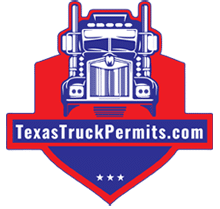
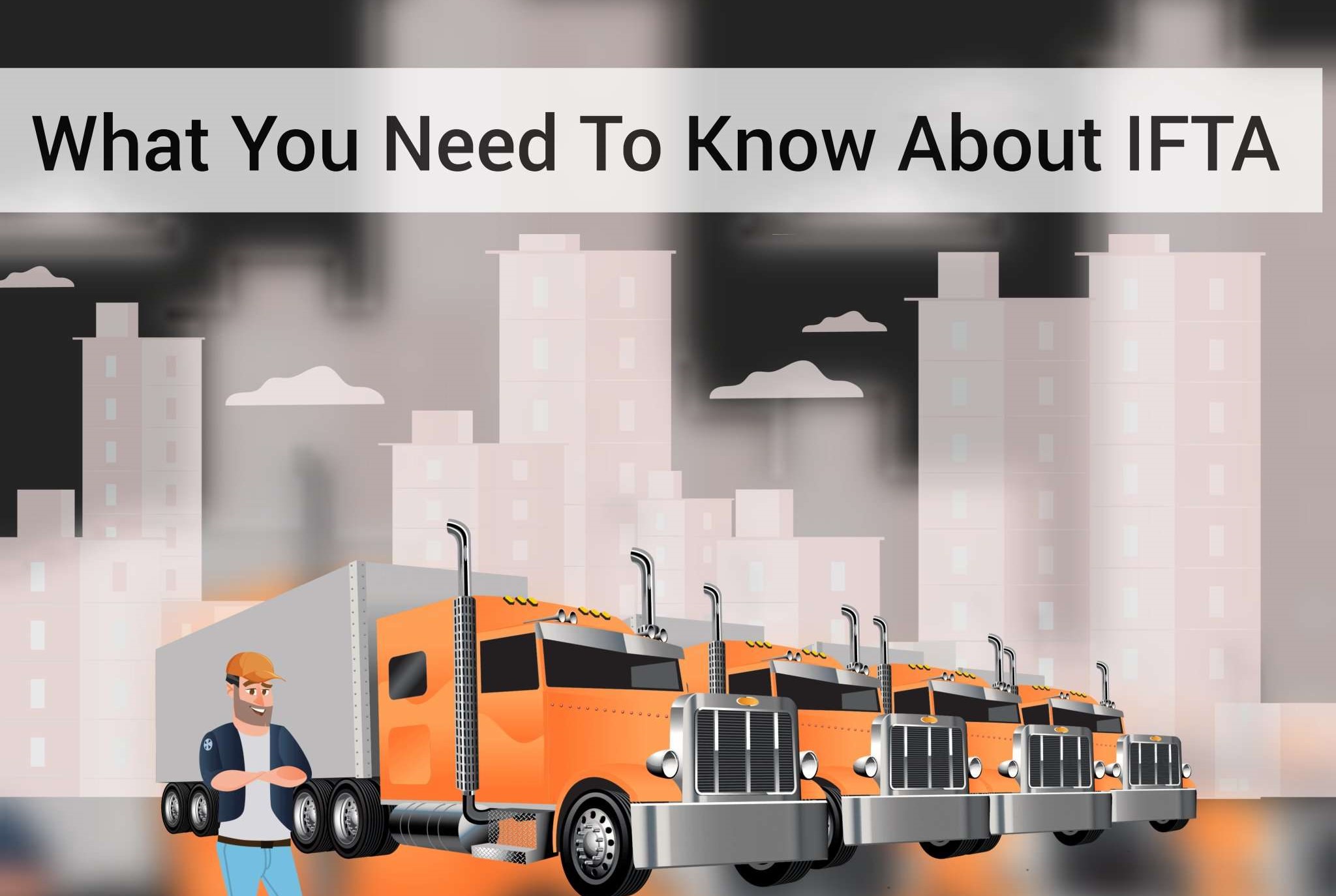
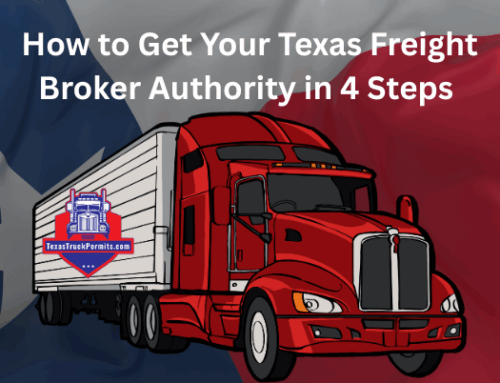
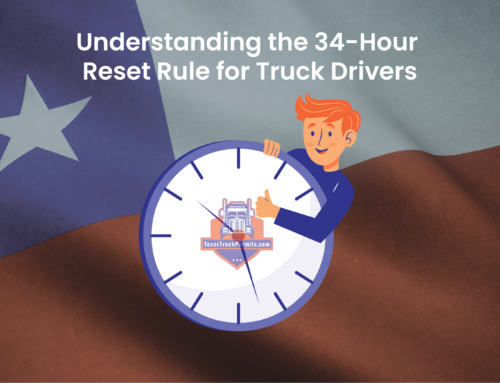
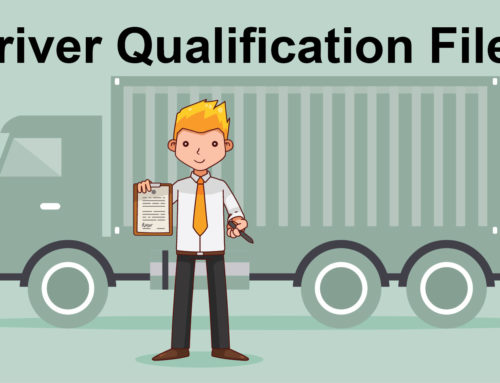
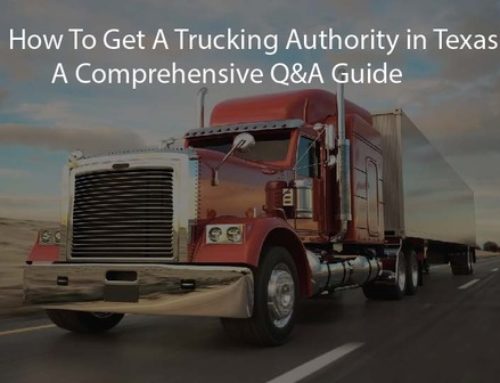
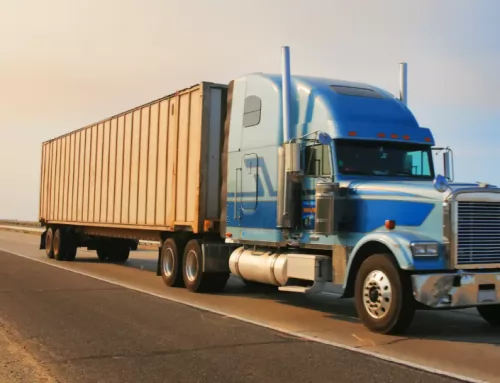
Leave A Comment